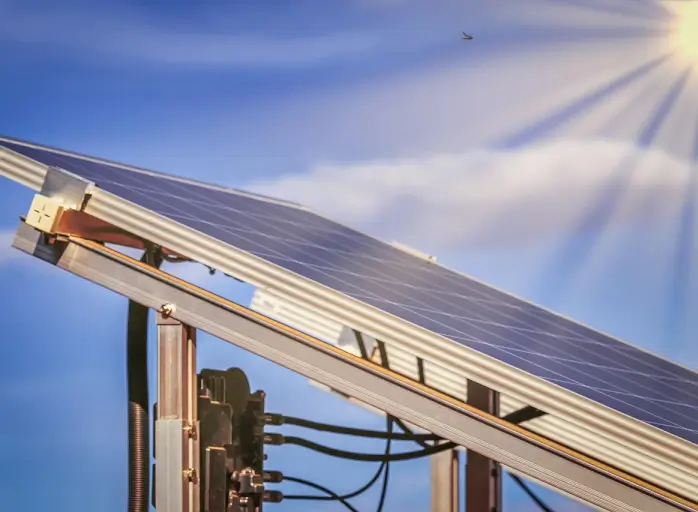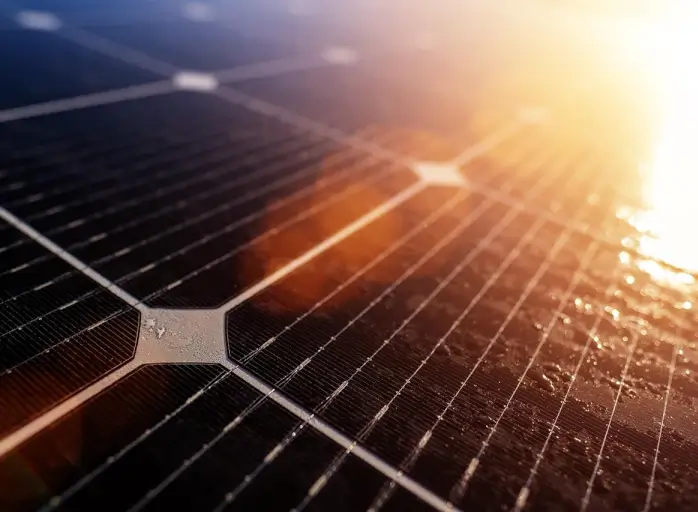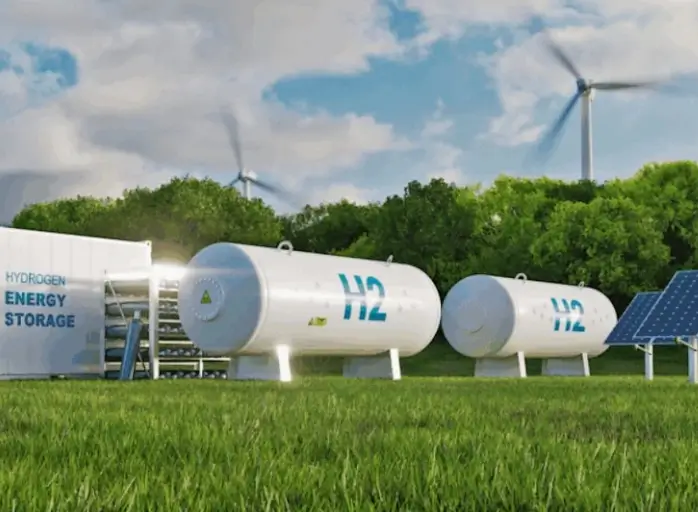

Eureka Info Day: Not-to-miss programmes and project calls in 2024
The Eureka Info Day provided companies and research players key insights to unlock transnational R&D projects. If you missed the event organised by Luxinnovation on 14 November 2023, you can still benefit from these valuable programmes and cluster initiatives mentioned by various speakers.
 Abigail Okorodus
Abigail Okorodus
Eureka is the world’s biggest public network for international cooperation in R&D and innovation. In Luxembourg, the information day organised by Luxinnovation brought together several participants comprised of companies, researchers, Eureka network and public authority representatives, and many others interested or involved in transnational R&D projects.
The 47-country network facilitates partnerships between organisations in member countries and beyond, with funding provided on a national level by the nations involved.
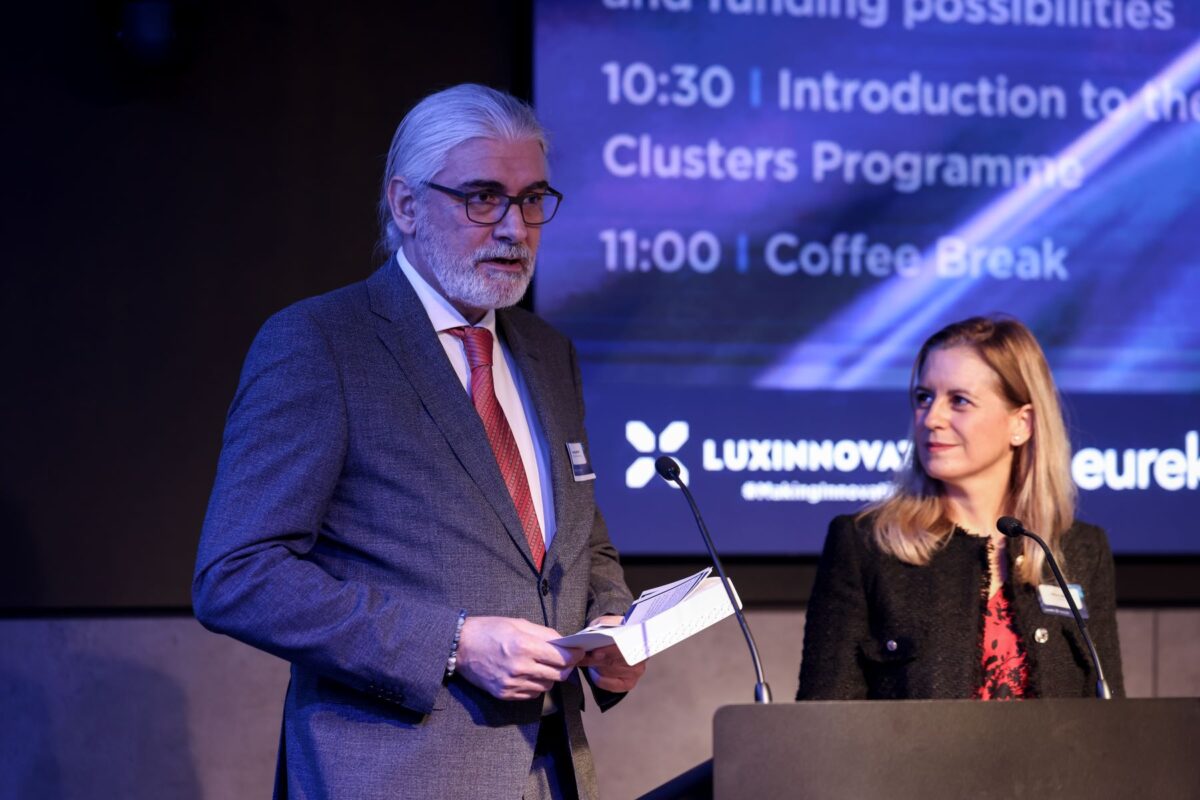 The Ministry of the Economy is the national funding body in Luxembourg for companies, while the Luxembourg National Research Fund (FNR) provides funding for research players. Luxinnovation is the national contact point for all players interested in establishing international collaboration through Eureka.
The Ministry of the Economy is the national funding body in Luxembourg for companies, while the Luxembourg National Research Fund (FNR) provides funding for research players. Luxinnovation is the national contact point for all players interested in establishing international collaboration through Eureka.
“Collaborative projects are very important as they give companies the opportunity to access knowledge and competencies from other countries and to test different markets through partnerships. It is also an interesting opportunity to get expertise from organisations world-wide,” explained Marco Walentiny, Chargé de direction Financement et Aides d’État at the Ministry of the Economy and the high-level representative for the Eureka network in Luxembourg.
Key Eureka programmes
Each year, around 340 projects are approved and supported across all Eureka programmes, with €640 million in public-private investment mobilised. Luxembourg players planning international R&D projects can seek for funding through any of the six programmes, which include network projects, Eurostars, Globalstars, Innowwide, investment readiness and clusters. Eurostars, one of Luxembourg's most sought-after Eureka programmes, primarily targets innovative SMEs, with around 300 to 400 applications made for each project call.
We will highly encourage any Luxembourg company that is interested in working on joint initiatives.
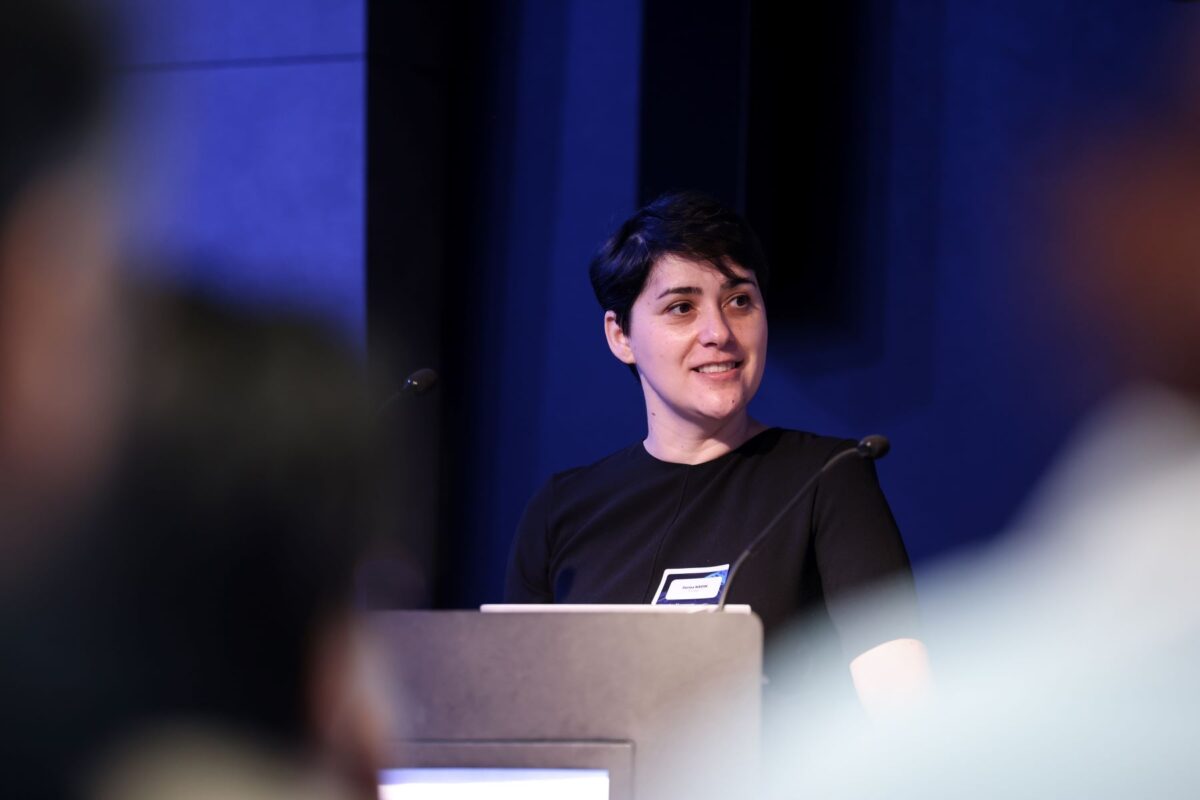 “The application success rate is very high with about 25% of project applications receiving funding. Partnerships also tend to be smaller [than other programmes] but require partners from the target market,” underlined Denisa Naidin, the newly appointed Eureka Programme Development Lead.
“The application success rate is very high with about 25% of project applications receiving funding. Partnerships also tend to be smaller [than other programmes] but require partners from the target market,” underlined Denisa Naidin, the newly appointed Eureka Programme Development Lead.
Innowwide, another appealing Eureka programme for the Grand Duchy aimed at startups and SMEs, allows partners to conduct market feasibility projects in new markets outside of Europe. “A lump-sum grant of €60,000 is available per project. 381 applications were received this year with 70 projects to be funded,” added Ms Naidin.
“Cluster programmes are also very interesting for Luxembourg because they are very diverse and can be beneficial to different entities in Luxembourg to expand their market reach through these partnerships,” stated Elisabeth Frisch, Advisor Corporate R&D and Innovation Support at Luxinnovation and Eureka and Eurostars Project Officer.
There are currently five clusters under Eureka:
- Celtic-Next focused on next generation ICT systems and services,
- Eurogia for low-carbon energy technologies,
- ITEA for software innovation and digital transition,
- SMART for advanced manufacturing and production technologies,
- Xecs about sustainable digital transformation in electronic components and systems.
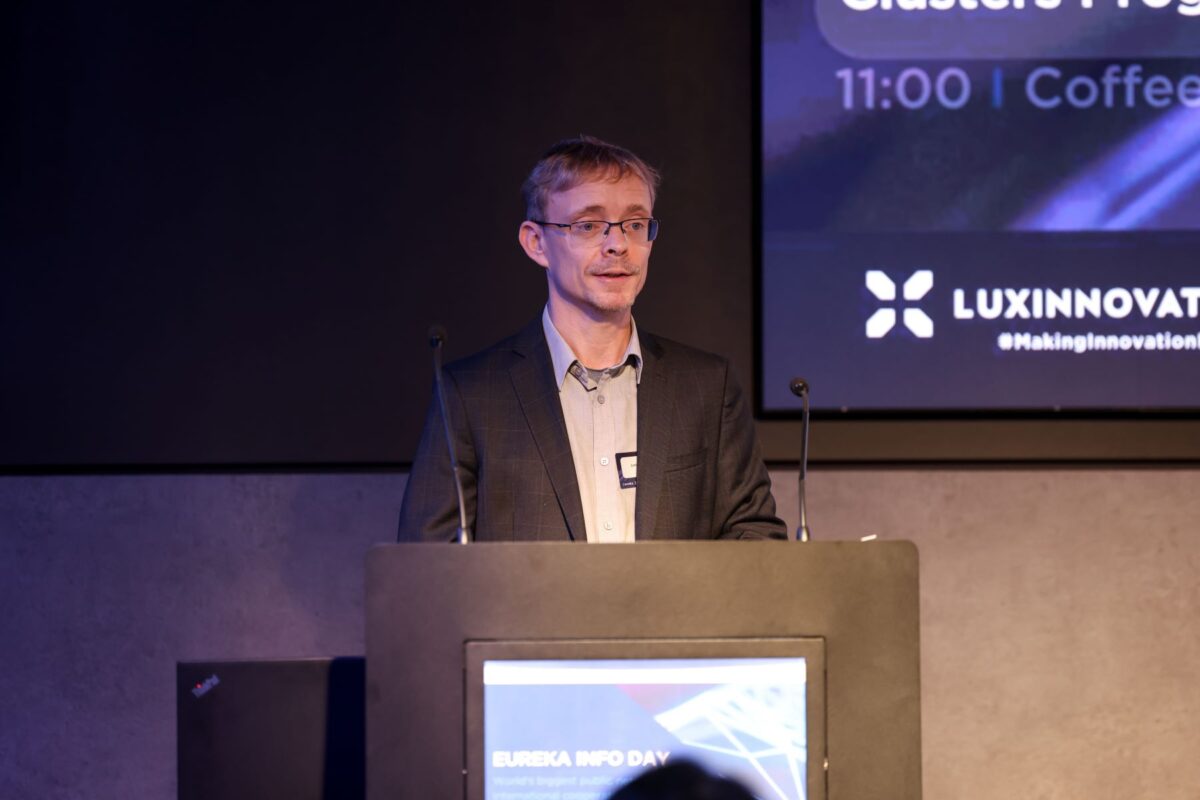 As of September 2023, there were 112 ongoing projects worth €728 million in total.
As of September 2023, there were 112 ongoing projects worth €728 million in total.
“These clusters are industry-led communities consisting of leading companies, knowledge institutes and end-user organisations. They focus on strategic technology areas and aim to solve economic challenges. In these communities, we have many large corporates, SMEs and research organisations, and they could be involved in more than one cluster,” noted Coordinator for Public Authorities, Linden Farrer.
Coordinator for Industry, Sebastien Aubron, pointed out that cluster projects typically involve three to five nations, last for 36 months, have three to 14 participants, and cost between €2 million and €20 million.
Deadlines for project calls
ITEA, SMART, and Xecs each have one call per year. Celtic-Next has two calls every year, with flagships every three years. Eurogia issues three calls every year.
The next project deadlines are as follows:
- Eurogia: 24 November 2023
- Smart : 22 January 2024
- Xecs: 18 January 2024
The 2023 project calls for Celtic-Next and ITEA closed on 10 November and 13 November respectively. New calls for projects will be announced in 2024.
Eurostars has two calls each year. The next will open on 12 January. Innowwide issues one call for projects per year. A new call will be available in 2024.
Encouraging new projects from Luxembourg
Several B2B meetings between various stakeholders took place on the margins of the panel discussions on the added value of international collaboration for space projects, and another on Eureka instruments and national priorities in neighbouring countries and Canada.
Collaborative projects give companies the opportunity to access knowledge and competencies from other countries and to test different markets through partnerships.
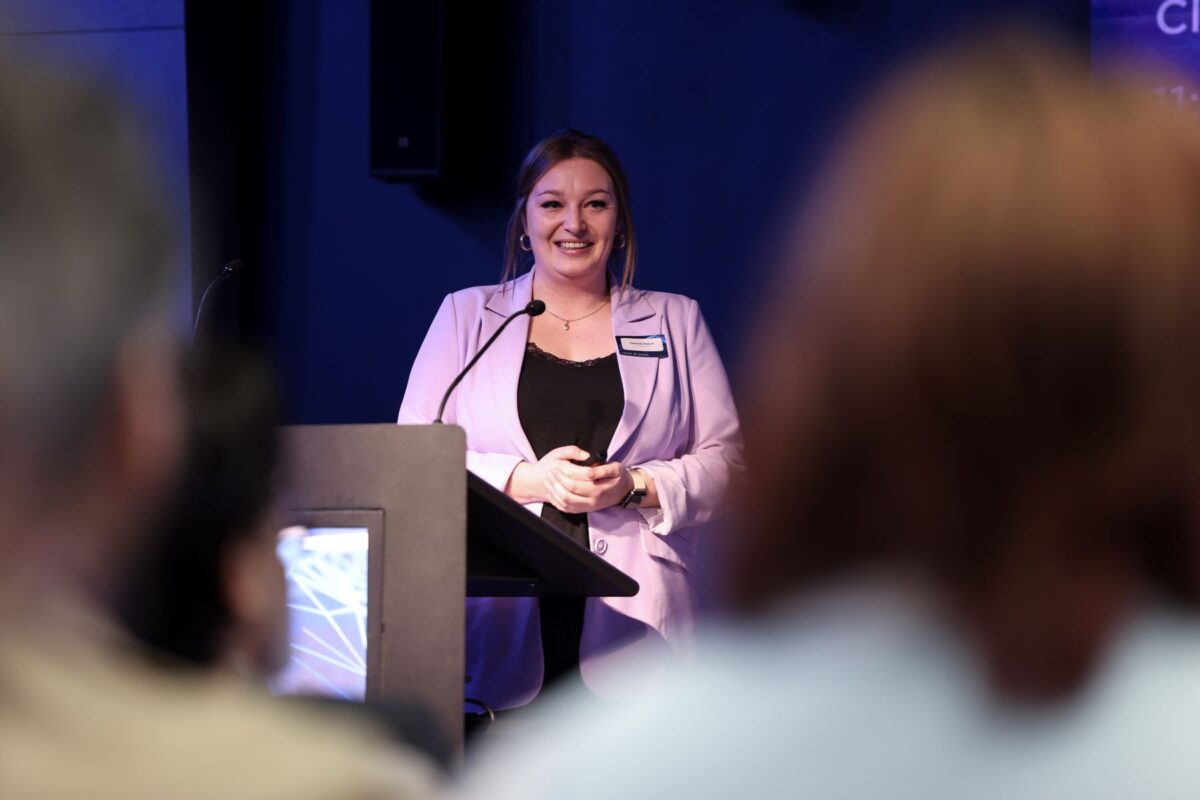 “Belgium and the Netherlands brought attention to the low number of projects between our countries at the national priorities panel, which featured contact points from these nations. As a result, we will highly encourage any Luxembourg company that is interested in working on joint initiatives,” said Ms Frisch.
“Belgium and the Netherlands brought attention to the low number of projects between our countries at the national priorities panel, which featured contact points from these nations. As a result, we will highly encourage any Luxembourg company that is interested in working on joint initiatives,” said Ms Frisch.
Eureka project participants in Luxembourg, including representatives from the Luxembourg Institute of Science and Technology (LIST), Datathings, Centre Hospitalier du Luxembourg (CHL), and the Luxembourg Institute of Health (LIH), shared their experiences working on projects.
All speakers expressed their willingness to undertake Eureka projects again, highlighting the accelerated innovation and valuable expertise gained from the network.
Photo credit: Luxinnovation/Sophie Margue


